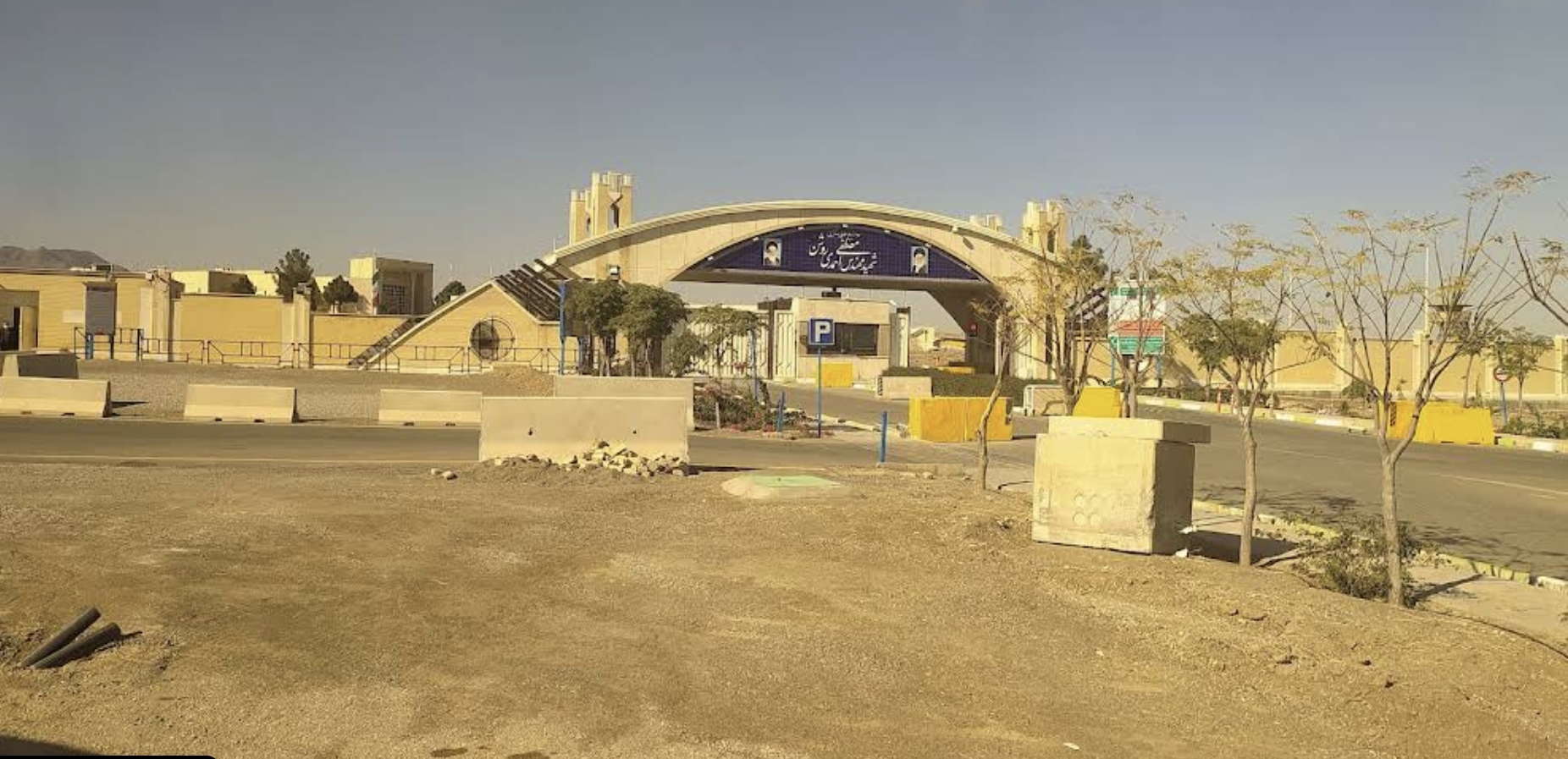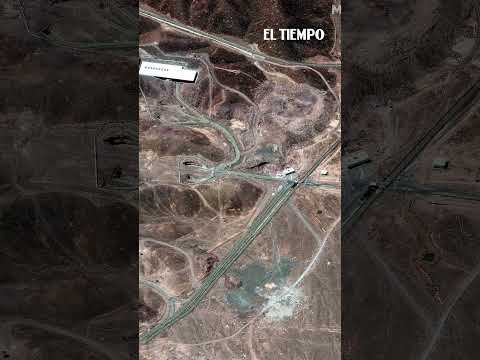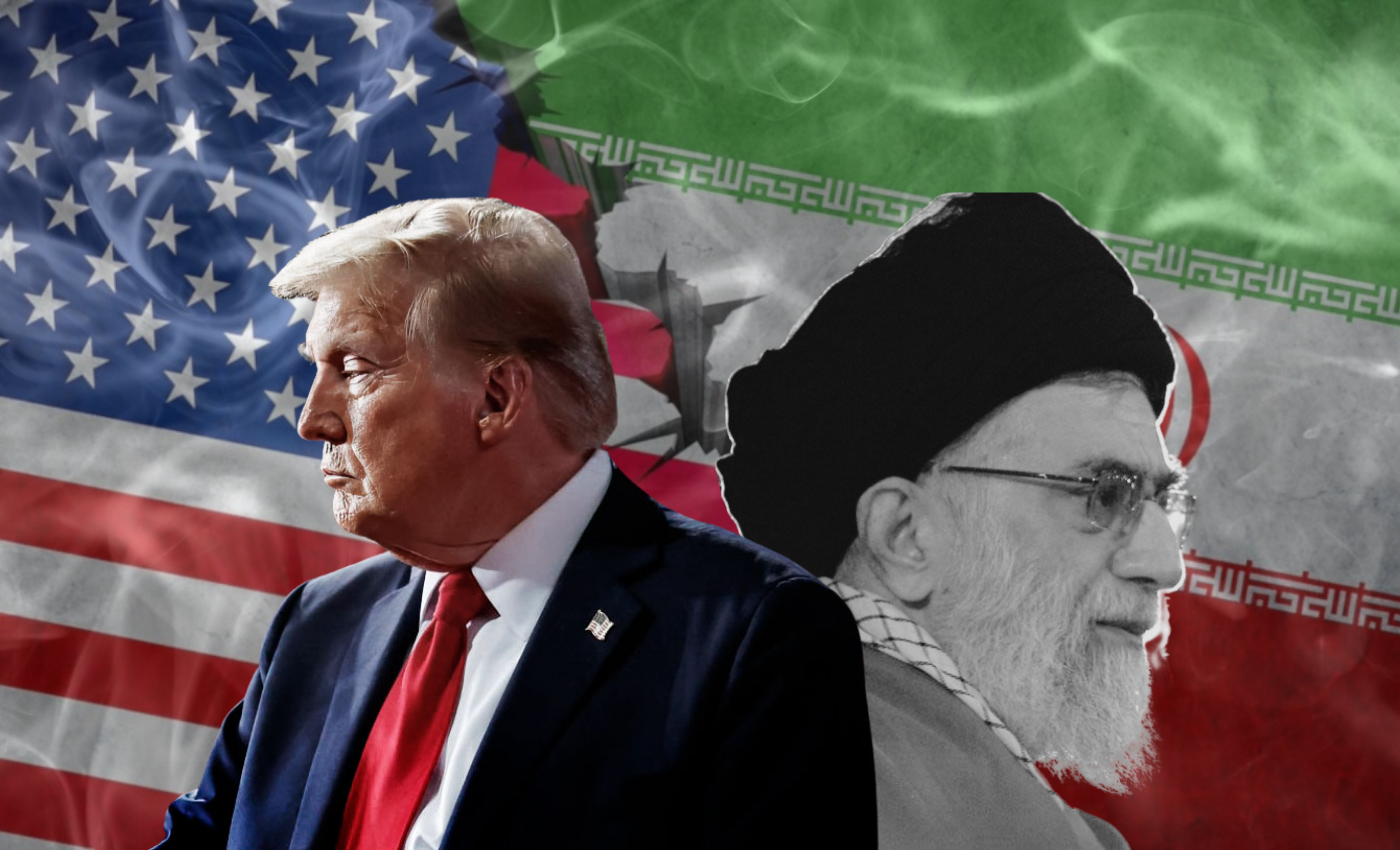The UN nuclear agency says it is 'deeply' concerned about Iran's reluctance to resume inspections.

The Director General of the International Atomic Energy Agency (IAEA), Rafael Grossi, expressed "great concern" on Thursday about the reluctance he perceives in Iran to resume inspections of nuclear facilities following the attacks by Israel and the United States.
In an interview with French broadcaster RFI, Grossi acknowledged that there is "a certain tension" in relations between the IAEA and Iran, where "there are political voices" that believe the UN agency "was biased" because it failed to condemn the Israeli attacks, leading MPs to vote to suspend cooperation.
The director general said that after the cessation of hostilities, he wrote to the Iranian foreign minister to tell him they needed to sit down around a table and that he planned to go to Iran immediately to resume inspections, but he has not received a response so far.

Iran nuclear base Photo: Google Maps
In this regard, he recalled that the IAEA's presence in Iran "is not some kind of gesture of generosity" but rather "a legal obligation ," an "international responsibility" for Iran, as a member of the Non-Proliferation Treaty, which stipulates that there must be "an inspection system."
He said he hoped the inspections would begin, because otherwise , "we would be on the brink of a new crisis" and he would have to convene the Council of Governors. That "could have extremely serious consequences" because it would leave Tehran outside the Non-Proliferation Treaty, and in his opinion, that is "neither its will nor its interest."

The US launched up to six bunker-buster bombs and 30 Tomahawk missiles against its nuclear targets in Iran. Photo:
Grossi indicated that before the war, Iran did not cooperate adequately and that he himself had said that this cooperation "was limited" because "there were many issues to which Iran did not respond adequately."
"We had found traces of uranium in places where we shouldn't have found them, and their responses weren't credible. There was dissimulation, and in any case, there was no transparency," he said.
But he went on to point out that while "Iran has sufficient material" for around a dozen atomic bombs, as he himself had repeatedly stated, "Iran did not have a nuclear weapon."

Donald Trump and Ali Khamenei. Photo: International
On the question of whether the US bombing of nuclear facilities has eliminated the possibility that Iran could have the bomb for decades, as Donald Trump claimed, Grossi considered it a "more of a political" statement with a military objective.
"It's true that with their reduced capabilities, it will be much more difficult for Iran to continue at the pace they were at," he admitted, before assuming that the centrifuges at the Fordó facility "are no longer operational" after the US bombings.
The IAEA Director General arrived in Paris yesterday, where he was received by French President Emmanuel Macron, who also stressed the need to resume negotiations with the Iranian regime regarding its nuclear program.
eltiempo





